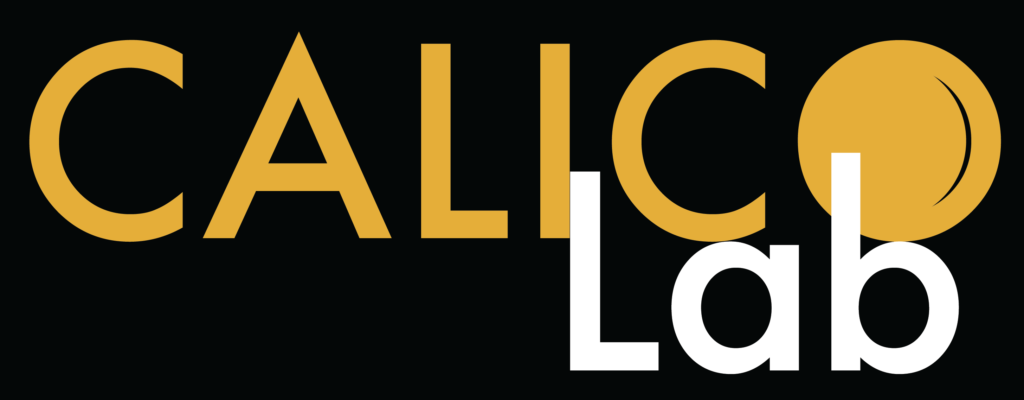First workshop at the intersection of molecular communications and synthetic biology towards wetware artificial life.
(co-organized by CALICO Lab at ALIFE'23)
From molecular cybernetics to network medicine: Interdisciplinary synergies in molecular communications and Internet of Bio-Nano Things. (co-organized by CALICO Lab in IEEE TMBMC)
We report on the fabrication of the first micro/nanoscale MC receiver based on graphene field-effect transistor biosensors.
Our project 'REINFORMATION' has been awarded the MSCA Individual Fellowship!
[Join us!]
Several MSc and PhD positions are open!
[Molecular Communications for Artificial Life]
First workshop at the intersection of molecular communications and synthetic biology towards wetware artificial life.
(co-organized by CALICO Lab at ALIFE’23)
[Special Feature on Bio-Chem-ICTs]
From molecular cybernetics to network medicine: Interdisciplinary synergies in molecular communications and Internet of Bio-Nano Things.
(co-organized by CALICO Lab in IEEE TMBMC)
[Molecular Communications getting practical with GRAPHENE]
We report on the first micro/nanoscale MC receiver based on graphene.
[See recent publications]
[New Project]
Our project ‘REINFORMATION‘ has been awarded the MSCA Individual Fellowship!
[New Project]
Our project ‘MiMoGraph‘ has been awarded the TUBITAK 1001 grant!
Our current research activities at CALICO Lab revolve around the Internet of Bio-Nano Things (IoBNT), an emerging information and communication technology (ICT) framework aiming at extending our connectivity and control to NANOscale and BIOlogical environments with collaborative networks of artificial nanomachines and biological entities.
At the intersection of ICT, nanotechnology and biotechnology, we conduct highly interdisciplinary theoretical and experimental research with the objective of realizing the futuristic medical, environmental, and industrial applications of the IoBNT.
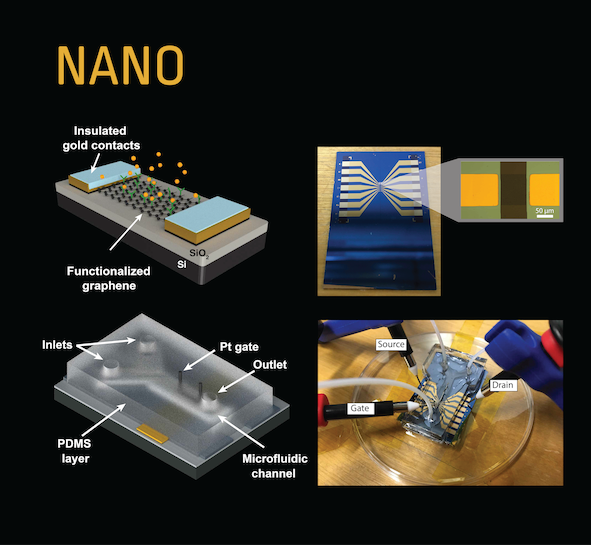
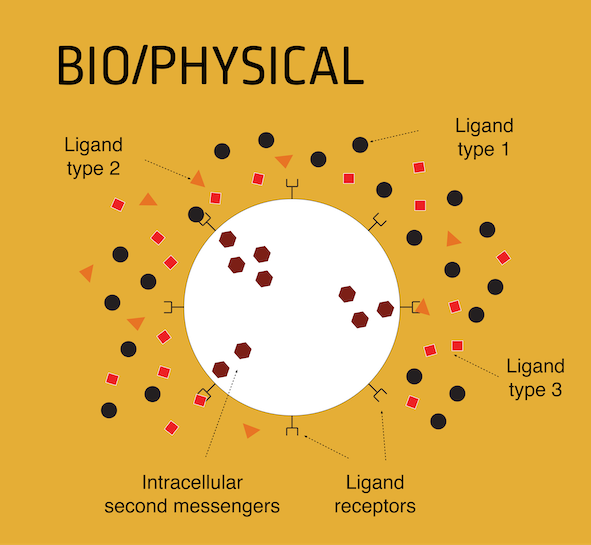
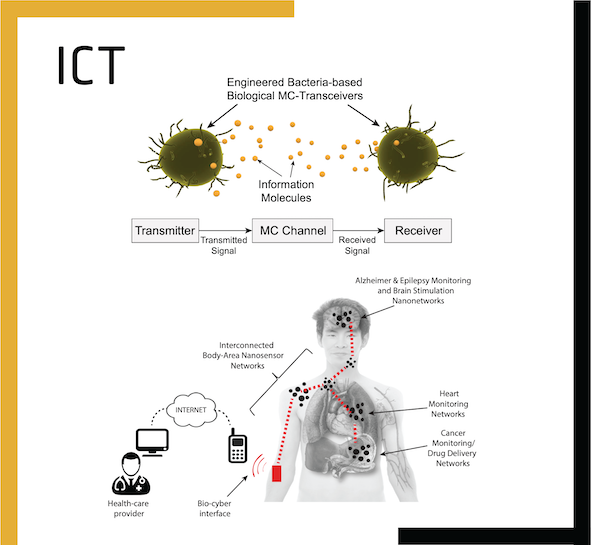
IoBNT is nonconventional in every respect: nonconventional things (e.g., engineered bacteria, nanobiosensors, nanoparticles) coordinated via nonconventional communication methods (e.g., molecular communications) in nonconventional environments (e.g., inside human body) for nonconventional applications (e.g., continuous intrabody health monitoring, smart drug delivery without side effects).
Our quest to develop practical IoBNT applications bears many challenges, that can basically be worded in questions such as
To target these challenges, we follow a highly interdisciplinary methodology integrating expertise in ICT, molecular communications, microfluidics, nanobiosensors, graphene and related nanomaterials. We are currently
Just as the overarching endeavour of space exploration has given rise to countless spinoff technologies exploited mostly in other areas, e.g., cochlear implants and CMOS image sensors, so our interdisciplinary quest to develop practical IoBNT applications is hoped to have far-reaching impact on, for example, microfluidic drug delivery, biosensing for dynamic biomarkers, ICT understanding of biological systems, multiplexed biosensing, development of new diagnosis and treatment techniques, and many more.
